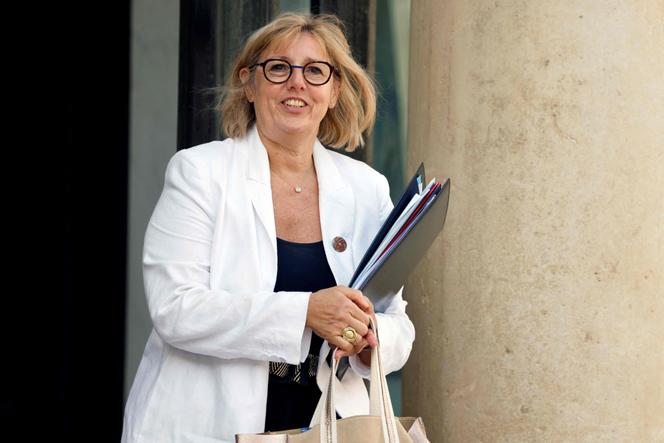


The e-mail arrived on August 30, two days before Koffi, a student from Burkina Faso pursuing a doctorate in geography, was scheduled to depart for France (the students Le Monde spoke to asked not to be identified). "I regret to inform you that we are canceling our support for your stay in France; all Campus France services are canceled (airfare, allowances, and health insurance)," read the message from France's Ministry of Europe and Foreign Affairs.
The decision follows "events in Niamey at the end of July," writes the author of the message, referring to the coup led by generals now in power in Niger. "France has suspended its development aid to Burkina Faso, Mali and Niger. This decision also concerns the French government's mobility grants, of which you are a beneficiary." In other words, a monthly payment of €1,500 for three months, which Koffi was due to receive during his research stay in France.
The young man had a visa expiring in February 2024, he told Le Monde. He also had a plane ticket paid for by Campus France, the French agency promoting French higher education abroad. "As the situation deteriorated over the summer, Air France flights were suspended," said the student from Joseph-Ki-Zerbo University in Ouagadougou, whose thesis is co-directed by a researcher from the Institute of African Worlds (IMAF), a branch of the National Center for Scientific Research (CNRS) in Aubervilliers, northeastern Paris. "Despite this, Campus France bought me a new ticket the week before my departure." His hopes were brutally dashed when he received the e-mail.
The disappointment was just as great for Aya, another student from Burkina Faso, who was due to start a master's degree in computer science at the University of Lyon-II. "Everything was ready, my daughter had an appointment to get her visa on August 8, but it was on August 4 that the ban on issuing visas came into force," said her father. He added dozens of students had found themselves grounded for an unknown duration, calling them "the innocent victims of the current diplomatic crisis." Such a decision, he believes, will only diminish France's influence. "Everything is still so complicated with France that more and more young people are turning to Ghana to learn English and then leave to study in the United States," he said.
The "security context" has led to a sharp reduction in the number of agents present in consulates, which limits the capacity to issue visas, said the foreign ministry in Paris, stressing these restrictions did not explicitly target students, nor are artists. On September 14, an order issued by the regional directorates of cultural affairs caused controversy, calling for a halt to all collaboration with the three countries. During a visit to Burgundy on Friday, September 15, French President Emmanuel Macron nuanced the situation, saying there was "no boycott or reprisals" and that France would continue to welcome artists from the Sahel if they possessed visas.
You have 31.87% of this article left to read. The rest is for subscribers only.
